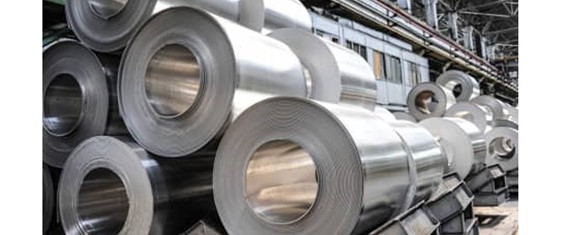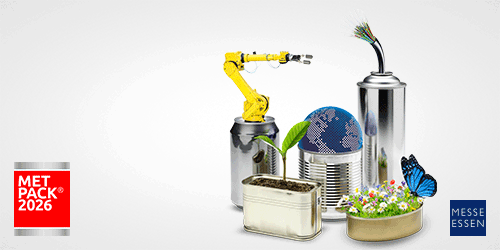Several organizations are calling for the formation of a North American Aluminum Trade Committee to closely monitor cross-border trade transactions.
Various associations, including the Aluminum Association, the Mexican Aluminum Institute and the Aluminum Association of Canada, are calling for the creation of a North American Aluminum Trade Committee (NAATC). In a letter sent to the trade authorities of Canada, Mexico and the United States on March 21, these associations expressed their request and stressed the importance of fair trade for this material in the region.
According to the letter, fair and free aluminum trade between North American countries has been beneficial to industries and well-paying manufacturing jobs. They remain committed to the T-MEC to establish fair conditions for aluminum trade in the region. They are confident that the issues identified during the T-MEC review in 2026 will be addressed, ensuring the continuation of cooperative trade in the area.
The following are some of the areas that the U.S. aluminum industry aims to prioritize:
The main highlight is the creation of the North American Aluminum Trade Committee (NAATC), which will be responsible for promoting communication and collaboration between the aluminum industries of Canada, Mexico and the United States. This committee will bring together governmental, industrial and non-governmental representatives to discuss specific issues and find solutions to the challenges present in the domestic market.
In North America, the aluminum industry has a focus on tracking and transparency of data related to aluminum trade. This arose from an agreement between the countries to implement a process to monitor the exchange of aluminum and steel between them, as a condition for eliminating Section 232 tariffs. While the United States and Canada have already established new programs to monitor aluminum imports, Mexico has not yet joined them. Therefore, the United States and Canada have called on the Mexican government to join them in fulfilling its responsibility on this issue.
The U.S. aluminum industry’s strategy also aims to address the illegal and unfair aluminum trade that has affected the industry worldwide in recent years. Both the United States and Mexico have successfully imposed anti-dumping and countervailing duties against unfair aluminum trade from China and other countries in recent years. In the coming years, global trade laws will continue to be monitored and enforced in this sector.
Last but not least, support is crucial to achieve decarbonization and broader sustainability goals. Efforts will be increased in research into advanced production techniques and increased recycling. Aluminum produced in North America is considered one of the most environmentally friendly in the world and carbon emissions have decreased significantly by more than 50% since 1991.















